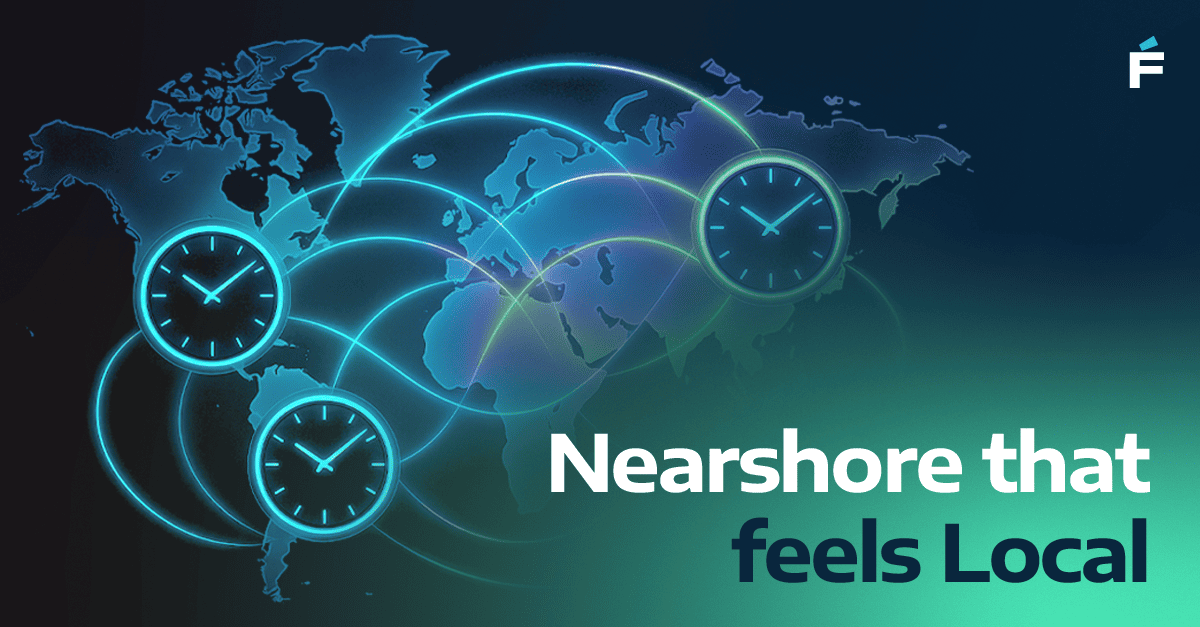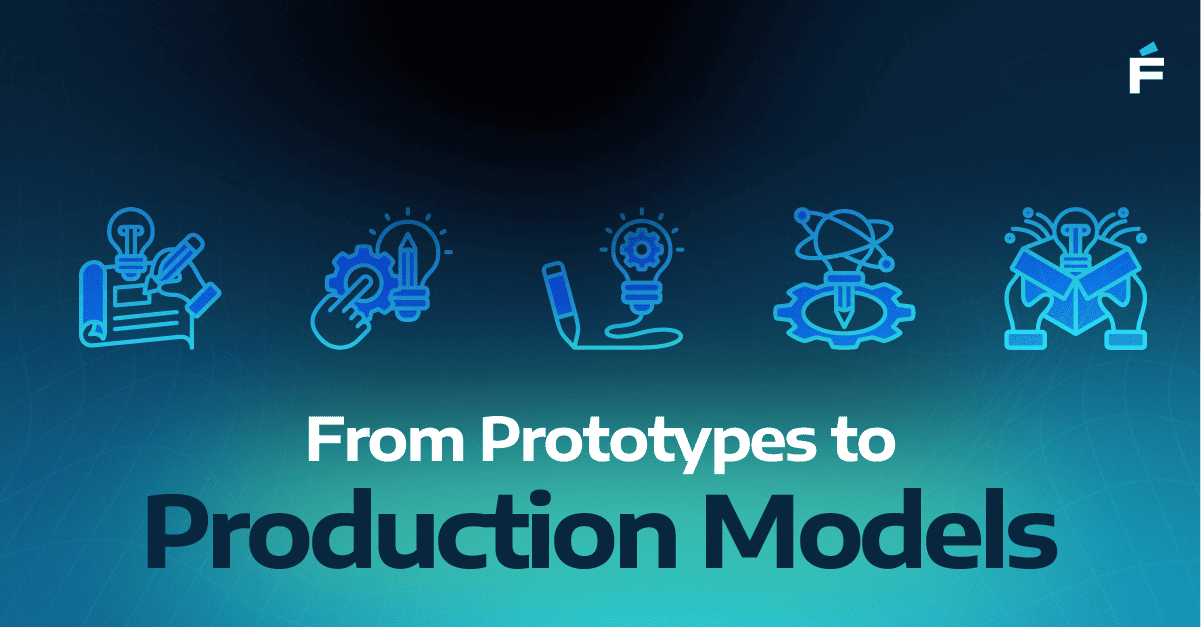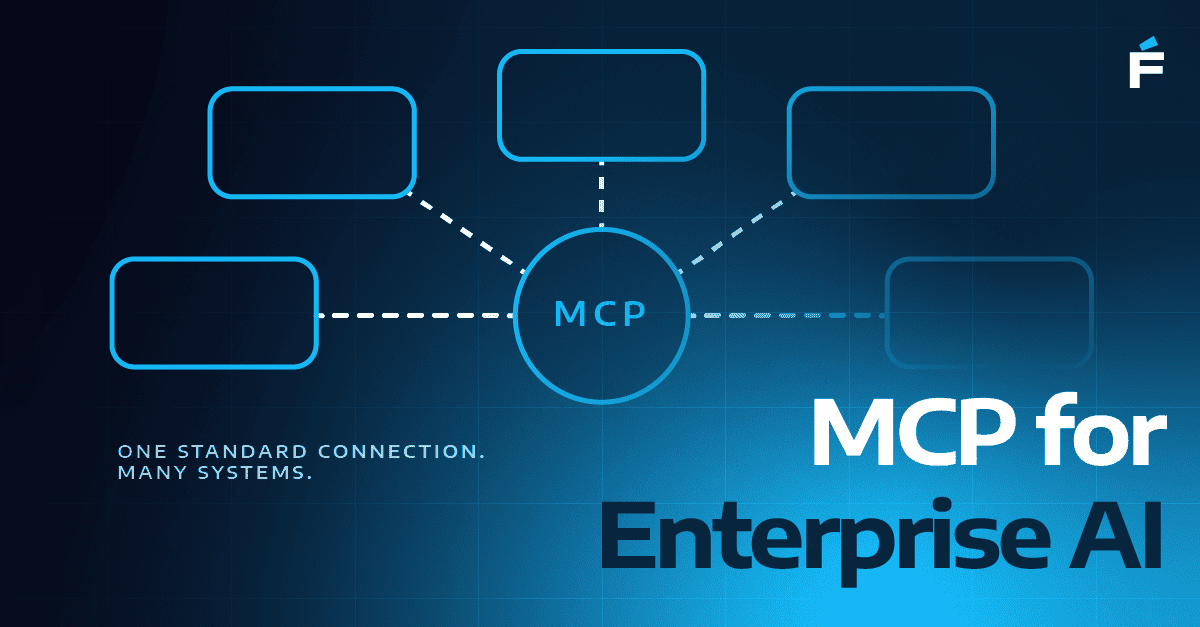As autonomous AI systems evolve, a fundamental challenge persists: the lack of AI agent interoperability across different platforms. Today’s AI agents, whether designed for multi-agent collaboration, workflow automation, or negotiations, are often built using custom configurations that vary significantly. This fragmentation limits the ability of agents to interact, share context, and operate seamlessly across ecosystems.
Agents JSON introduces a standardized schema to solve these challenges by defining AI agent communication protocols, capabilities, memory structures, and interaction frameworks. By establishing a uniform format, this schema serves as a foundation for standardized AI agent frameworks that are scalable, modular, and interoperable.
What Is Agents JSON?
Agents JSON is an extensible schema designed to formalize the structure of AI agent development. It provides a standardized format that captures essential AI agent attributes, including:
- Identity & Purpose – Defining the agent’s role, objectives, and functional scope.
- Communication Protocols – Standardizing interactions between agents and external systems.
- Memory & Context Persistence – Establishing structured memory models for long-term adaptability in AI agent memory and context persistence.
- Tool & API Access – Specifying external tools, APIs, or functions the agent can utilize, ensuring AI agent API access standard compatibility.
- Behavioral Parameters – Governing autonomy levels, constraints, and execution strategies.
By enforcing a standardized AI agent framework, Agents JSON ensures cross-platform compatibility, reduces redundancy, and increases reusability for developers working on modular AI agent development.
Why This Matters for Agentic Architecture
Agentic systems (i.e., AI architectures where autonomous AI agents operate, adapt, and collaborate) require a shared standard for defining structures and behaviors. Without a universal schema, each AI implementation remains isolated, preventing seamless integration across various AI interoperability frameworks.
By adopting Agents JSON schema, developers can:
- Facilitate Interoperability – Enable AI agents to function across diverse ecosystems with a uniform format.
- Support Multi-Agent Collaboration – Define clear roles, goals, and multi-agent collaboration schemas for distributed AI systems.
- Enhance Modularity – Allow dynamic configuration of AI agents, supporting flexible modular AI agent development.
- Improve Memory & Context Management – Ensure AI agents retain information and adapt over time using structured AI agent memory and context persistence.
The long-term impact of agentic architecture standardization extends beyond efficiency—it sets the stage for goal-driven AI ecosystems where agents can self-organize, negotiate, and learn autonomously across multiple domains.
The Future of Autonomous AI Systems
Standardizing AI agent development through Agents JSON is a crucial step toward achieving scalable, self-sustaining AI systems. By adopting a structured approach, organizations can accelerate AI deployment, simplify integration, and improve the adaptability of agentic systems.
For businesses and developers focused on AI agent standardization, Agents JSON schema offers a foundation for ensuring interoperability and structured autonomy in next-generation AI architectures.
Explore the project here: Agents JSON on GitHub.




